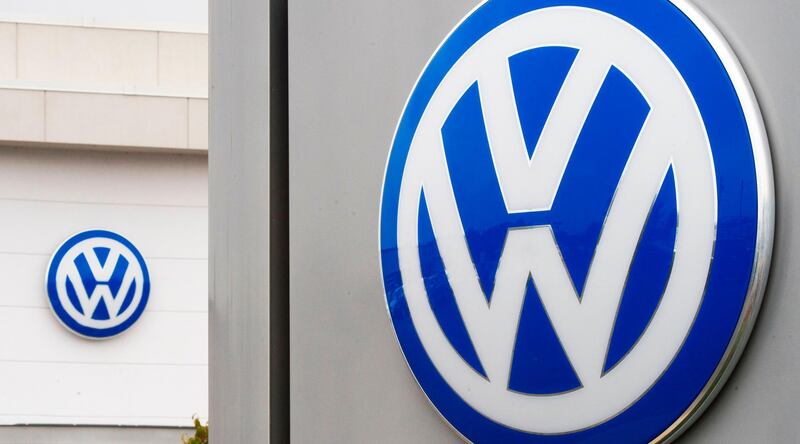German car maker Volkswagen officials are discussing options to prepare the truck division for access to the capital markets, potentially paving the way for an initial public offering of shares or a bond sale by the unit, according to people familiar with the matter.
Deliberations at a meeting last week included changing the division’s legal structure to a private limited company under German rules or the European equivalent Societas Europaea, said the people, who asked not to be identified as the talks are confidential. A decision could be made in the next few weeks, but the discussions are complex and might drag on, according to the people.
“Currently we are focusing on implementing our strategy and on driving the transition from a ‘start-up company’ into a mature corporation," VW’s truck unit said in an emailed statement on Saturday, adding that “we keep all options open”.
Global automakers have embarked on sweeping organisational changes as the industry faces a seismic shift toward electric vehicles, autonomous cars and new digital services such as ride hailing.
Granting the VW truck operation more independence within the world’s largest auto maker would help to build confidence among investors that VW is considering deeper organisational changes to become more efficient in the wake of the diesel-emission scandal that erupted in September 2015.
The German company embarked on a push to become less centralised as part of a new strategy, but an asset review announced almost two years ago to identify non-core operations has not led to a tangible results so far. The push to make the 630,000-employee, 120-factory group more focused on its main automotive operations appeared mired in internal politics last year when the sale of the Ducati motorcycle brand collapsed.
German rival Daimler last year firmed up plans to give individual units more independence to make them agile. The move sparked speculation that the manufacturer could spin off its truck division, which is the world’s largest maker of commercial vehicles. Daimler officials have denied that a full sale of a division is in the works, but left the door open for a possible initial public offering of a minority stake.
VW’s truck division has struggled to generate cost synergies after the car maker bought Munich-based MAN and Sweden’s Scania. After VW hired Andreas Renschler from Daimler, he pushed deeper cooperation within the division, which also sells VW-brand heavy trucks in Brazil. The company aims to create a rival to global commercial vehicle leaders Daimler and Volvo.
Scania and MAN combined generate about €25 billion ($29bn) in annual revenue and produce vehicles ranging from the Swedish brand's long-haul R-Series featuring V8 engines to MAN's mid-duty trucks and TGE vans.
Renschler has set his sights on further expansion. He spearheaded the acquisition of a 17 per cent stake in Navistar International Corporation to gain a foothold in the United States. He's also considering strengthening ties with China's Sinotruk Hong Kong and is in cooperation talks with Gaz in Russia.






